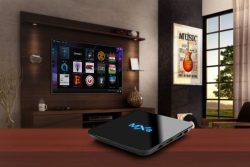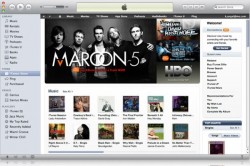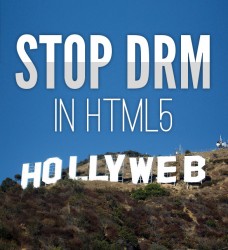Sorry again for the hiatus last weekend, a combination of not much happening, and too much happening in my personal life, meant that writing a WNR was just not going to work out.
Luckily, there’s more news and less other stuff this week, and so here’s we are again.
![]()
There’s more Denuvo news, and you guessed it, it’s not good news for the anti-tampering/piracy system. Two more games have been cracked this week, and both were cracked in about 24 hours. I think it’s safe to say that the current version of Denuvo is no longer viable, and unless Denuvo the company can bring out a major new revision that changes things enough to make whatever the current method of cracking obsolete, then things are not looking good for the protection system that was once hailed as unbreakable.
So in terms of PC game piracy, it seems we’re back to the drawing board. With mobile gaming moving away from the pay-to-play to a free-to-play model, which has made piracy redundant (although hacking/cheating to get in-game premium currency remains a thing), perhaps it’s something PC game makers need to consider. Or at the very least, ditch the use of bad user experience, processor intensive, and hardly working protection systems.
======
The MPAA has finally decided to go after Kodi box makers, that’s not surprising. What was surprising was that Netflix and Amazon decided to tag along too. Or perhaps this isn’t surprising either, because both streaming giants are now very much in the content production game, and they want to protect their content too.
This lawsuit is by no means a certain victory for the content creators though, if the Kodi box maker in question, TickBox, decide to fight this thing in court. TickBox can argue all they’ve done is install a bunch of freely downloadable software into an Android box. The software may do things that are illegal, but TickBox has nothing to do with that. Against TickBox is the fact that their website seems to promote the device as something that can replace paid for content, so they cannot argue that they aren’t aware of the piracy nature of the apps they package with the device.
It’s worth keeping an eye on this, but I suspect the makers of TickBox will be keen to make a deal, as opposed to taking this thing further.
![]()
Here’s something that could possibly challenge the likes of Apple, Amazon and Google, and to a lesser extent, Netflix and Hulu. White Rabbit is a new video distribution system that aims to connect consumers directly to content creators, bypassing the “middlemen”. White Rabbit uses the same Blockchain technology that helps to drive Bitcoins, and instead applies the transparent transaction principle to buying movies and TV shows. White Rabbit aims to separate the distribution to the financial transaction, so they a company like Apple and Google won’t have as much power to dictate pricing and revenue sharing, just because they happen to run a download/streaming service.
Instead, content holders get the majority share of revenue, directly from consumers, and multiple outlets can provide the download/streaming ecosystem, bringing more competition, and less monopolisation, to the marketplace. It’s easy to see that this paradigm shift can apply to not just video, but practically any kind of digital delivery.
Not sure how this could apply to subscription streaming though, but the idea behind Blockchain is solid and can apply to any kind of transaction system if you want transparency, and fraud prevention.
![]()
The Nintendo Switch was on top yet again in September, after winning August and July, This makes it 5 out of 7, the number of months it has won since it’s release. This news doesn’t actually come from the NPD, which usually releases these things, but directly from Nintendo themselves, due to a “data issue” that delayed NPD’s September report.
Regardless, it’s a very impressive set of results for Nintendo. The release of the Xbox One X in November won’t really change things, I suspect, due to the console’s high cost and niche factor. The holidays tend to favour the big two, but the momentum is with the Switch and it could become the “must-have” video game hardware for the season, just like the Wii was back when.
Time will tell …
======
That’s it for the week, a nice collection of stories that I hope was interesting enough for you. See you next week!








